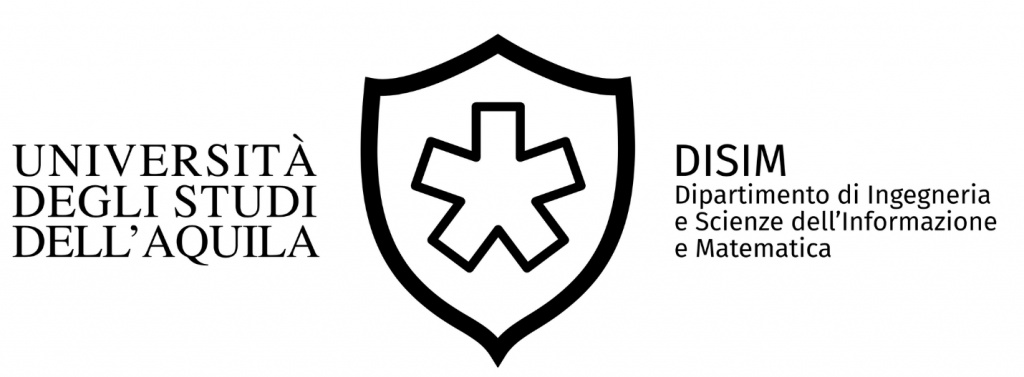Two seminars on Robotics and Automotive
Title: Effective and User-friendly Specification of Multi-Robot Missions
When: Wednesday 24, April 15:00-16:00
Where: Aula seminari, blocco 0
Abstract: Mobile robots are increasingly used in everyday life to autonomously realize missions such as exploring rooms, delivering goods, or following certain paths for surveillance. The current robotic market is asking for a radical shift in the development of robotic applications where mission specification is performed by robotic users that are not highly qualified and specialized in robotics or ICT. To this aim, we proposed a Domain Specific Language (DSL) that enables non-technical users to specify missions for a team of autonomous robots in a user- friendly and effective way. The talk will present how we developed such DSL, it semantics, and how we evaluated it.
Bio: Sergio García is a PhD student at the Computer Science and Engineering department of Gothenburg University. His research interests comprise model-driven software development and software architecture for robotics. His research is currently involved with the Co4Robots European Project, from where he often collaborates with industry.
Title: On Interfaces to Support Agile Architecting in Automotive
When: Monday 29, April 15:00-16:00
Where: Aula seminari, blocco 0
Abstract: In large-scale agile automotive companies, practitioners struggle with creating and evolving an architecture when developing complex and safety-critical systems. A key issue is the trade-off between upfront planning and flexibility to embrace change. In particular, the coordination of interfaces is an important challenge, as interfaces determine and regulate the exchange of information between components, subsystems, and systems, which are often developed by multiple teams. In a fast-changing environment, interfaces between teams can provide the sufficient stability to align software or systems, while maintaining a sufficient degree of autonomy. In this talk, we present an exploratory case study with an automotive OEM to identify characteristics of different interfaces, from non-critical interfaces that can be changed frequently and quickly, to those that are critical and require more stability and a rigorous change process. We identify what dimensions impact how interfaces are changed, what categories of interfaces exist along these dimensions, and how categories of interfaces change over time. We conclude with suggestions for practices to manage the different categories of interfaces in large-scale agile development.
Bio: Rebekka Wohlrab is an industrial PhD student at the Computer Science and Engineering Department of Chalmers University of Technology and Systemite AB. In her research, she focuses on large-scale automotive companies aiming for more agile ways of managing documentation. Her work is funded by the Wallenberg AI, Autonomous Systems and Software Program.
